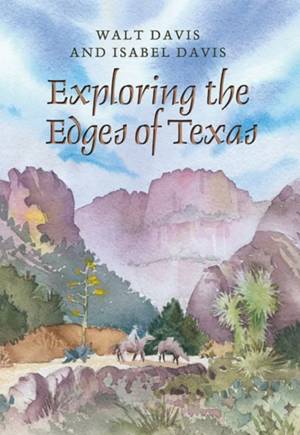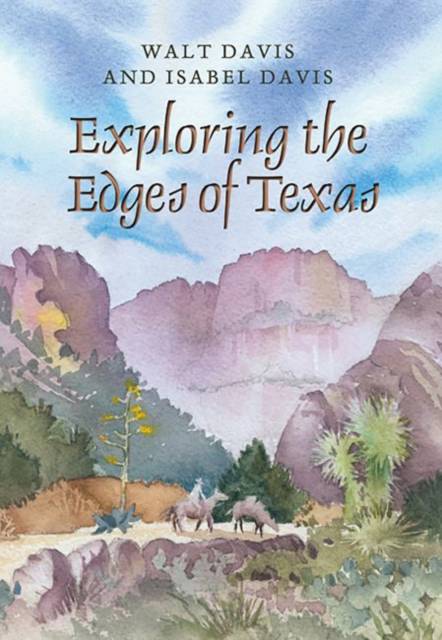
- Retrait gratuit dans votre magasin Club
- 7.000.000 titres dans notre catalogue
- Payer en toute sécurité
- Toujours un magasin près de chez vous
- Retrait gratuit dans votre magasin Club
- 7.000.0000 titres dans notre catalogue
- Payer en toute sécurité
- Toujours un magasin près de chez vous
Description
The border of Texas is longer than the Amazon River, running through ten distinct ecological zones as it outlines one of the most familiar shapes in geography. According to the Davises, "Driving its every twist and turn would be like driving from Miami to Los Angeles by way of New York."
Each of this book's sixteen chapters opens with an original drawing by Walt, representing a segment of the Texas border where the authors selected a special place--a national park, a stretch of river, a mountain range, or an archeological site. Using a firsthand account of that place written by a previous visitor (artist, explorer, naturalist, or archeologist), they then identified a contemporary voice (whether biologist, rancher, river-runner, or paleontologist) to serve as a modern-day guide for their journey of rediscovery. This dual perspective allows the authors to attach personal stories to the places they visited, to connect the past with the present, and to compare Texas then with Texas now.
Whether retracing botanist Charles Wright's 600-mile walk to El Paso in 1849 or paddling Houston's Buffalo Bayou, where John James Audubon saw ivory-billed woodpeckers in 1837, the Davises seek to remind readers that passionate and determined people wrote the state's natural history. Anyone interested in Texas or its rich natural heritage will find deep enjoyment in Exploring the Edges of Texas.
Spécifications
Parties prenantes
- Auteur(s) :
- Editeur:
Contenu
- Nombre de pages :
- 304
- Langue:
- Anglais
Caractéristiques
- EAN:
- 9781623496876
- Date de parution :
- 18-06-18
- Format:
- Livre broché
- Format numérique:
- Trade paperback (VS)
- Dimensions :
- 152 mm x 226 mm
- Poids :
- 476 g

Les avis
Nous publions uniquement les avis qui respectent les conditions requises. Consultez nos conditions pour les avis.






